A one-day workshop
The often-used phrase, ‘just the receptionist’, completely misrepresents the role. An excellent receptionist is a most valuable resource for any organisation.
This programme has been designed specifically to deal with the essential skills necessary to represent the organisation to the best possible effect. It will also help you get the most out of your working day.
- See your role in a new light
- Develop your communication skills
- Deal with different types of customer and situation
- Boost your confidence
- Cope in a pressurised environment
- Get more satisfaction from your working day
Expert trainer
Candy is a highly experienced trainer who focuses relentlessly on ‘Putting a Smile on the Customer Interface’. She is particularly experienced in telephone-based customer service and receptionist skills training. With a background in media sales and the music industry, her clients come from an impressive range of sectors including legal services, media, leisure and hospitality, telecommunications, software systems, healthcare, engineering and the events industry.
Session outline
1. Introduction
- Workshop objectives and personal objectives
- The challenges of 21st century communication
- What makes an excellent point of Reception? And why is it so important?
- Who and where are our customers?
- As a customer, how do you like to be treated?
- What makes people feel valued?
- Objective and subjective aspects of customer service
- ‘Micro moments’ that shape the relationship
2. Communication on reception
- Definition of communication
- Barriers to good communication
- The ‘recipe’ of verbal, vocal and visual aspects of communication
- Differences between communicating face-to-face and on the telephone
- Communication ‘leaks’
- The primitive human response
- The impact of visual communication – body language, gesture and facial expression
- Voice – tone, speed, volume, pitch, clarity, inflection, pacing
- Words – positive words and phrases compared with negative terminology
- Professional greetings face-to-face
- Steering the conversation with effective questioning
3. Telephone excellence
- How we use the telephone
- Qualities of the telephone
- Non-verbal communication on the telephone – what aspects can be ‘seen’ by the other person?
- Professional telephone etiquette
- Taking and leaving messages – key points that can help customers, colleagues and the organisation
- Clarifying information
4. Listening skills for accuracy and relationship building
- How accurate are your listening skills?
- What are the challenges for accurate listening?
- Active / empathetic listening
5. Creating a rapport by ‘style flexing’
- Understanding how different people communicate
- Shaping our message to the other person so that they feel understood
- How changing situations can alter communication needs
6. Confidence and assertiveness
- Recognising different styles of behaviour – aggressive, passive and assertive
- Qualities of assertive communication – verbal, vocal and visual
- Assertive techniques – basic, persistence, negotiation / empathetic
- Demonstrating confidence
7. Coping in a pressurised environment
- Words – the most useful ones to use with stressed people and identifying the ‘red rag’ words
- Challenging situations – what do you find difficult and how do you respond?
- Dealing with outbursts of anger
- Bringing non-stop talkers back from their tangent
- Constructive ways to say ‘no’
8. Pulling it all together
- Action plans
- Summary of key learning points









